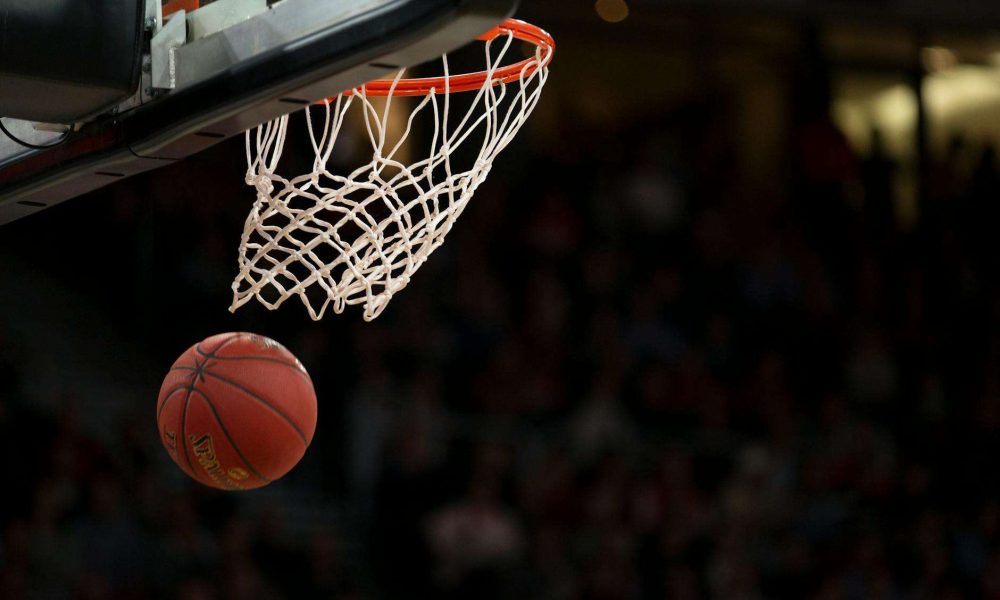NIL
NCAA Coaches Challenge Rules Transform College Basketball Officiating
Last Updated on June 20, 2025 The NCAA Playing Rules Oversight Panel approved extensive changes to college basketball officiating on June 10, which will significantly alter how games are officiated beginning in the 2025-26 season. The decision is the most significant change to replay protocol since video review was introduced in college basketball. Men’s and […]

Last Updated on June 20, 2025
The NCAA Playing Rules Oversight Panel approved extensive changes to college basketball officiating on June 10, which will significantly alter how games are officiated beginning in the 2025-26 season. The decision is the most significant change to replay protocol since video review was introduced in college basketball.
Men’s and women’s basketball each received their own challenge rules, with the NCAA creating separate systems for both games. The changes follow data that showed out-of-bounds reviews caused most game delays, especially late in games when every call matters more.
The financial stakes extend well beyond court performance, as these rule changes arrive amid the expansion of sports wagering in college athletics. Digital platforms, which include many of the top crypto sportsbooks that process Bitcoin and other digital currencies for deposits and withdrawals, have established new revenue channels for the industry. These platforms provide competitive odds across multiple sports markets with decentralized payment systems that attract tech-focused bettors.
Improved officiating matters more now that sports betting has become such a big business, whether bettors use regular money or cryptocurrencies. The timing coincides with major changes coming to college athletics through the House settlement, which will reshape how schools pay athletes.
For the new challenge rules, men’s basketball follows the NBA model closely. Coaches get one challenge per game but need a timeout to use it. Teams can dispute calls about who touched the ball last, basket interference, goaltending, and whether defenders were inside the restricted area. Win the first challenge and they get another one for the rest of the game, including overtime. Lose it and that’s their only shot.
Committee chair Karl Hicks, who works as the American Athletic Conference’s associate commissioner for basketball, laid out why the panel made this choice. Tournament and conference data showed substantial numbers of reviews focused on out-of-bounds plays, which created lengthy delays that disrupted game flow. The committee examined basketball leagues worldwide before it settled on the NBA’s one-plus-one challenge system as the most efficient solution.
Women’s basketball works differently. Coaches can challenge out-of-bounds calls, backcourt violations, possession changes before fouls, and wrong foul assignments without using timeouts. But there’s a catch – miss on a challenge and the team gets a technical foul for excessive timeouts. Women’s coaches face no cap on total challenges, though the technical foul penalty acts as an effective constraint.
The panel also approved modifications to continuous motion rules and officiating protocols. Referees gained a new option for groin contact – they can call it a Flagrant 1 instead of choosing between a regular foul or a Flagrant 2 that kicks players out. The changes address criticism that officials were forced into extreme penalties for relatively minor contact.
Officials keep the power to review timing problems, scoring errors, shot clock issues, or flagrant fouls on their own. However, out-of-bounds reviews can only occur through coach challenges, which removes officials’ discretion in these situations.
The committee also recommended that men’s basketball explore a shift from halves to quarters, though implementation faces obstacles related to media timeouts and commercial inventory. A working group will study the potential change and provide feedback for future rule cycles.
College basketball has faced growing pressure to fix its officiating problems while keeping games competitive. The challenge systems should catch big mistakes without making games drag on longer, something fans have complained about as reviews became more common over the past ten years.
The new rules take effect when the 2025 season starts in the fall. Coaches and officials will have several months to learn the systems before conference games begin.